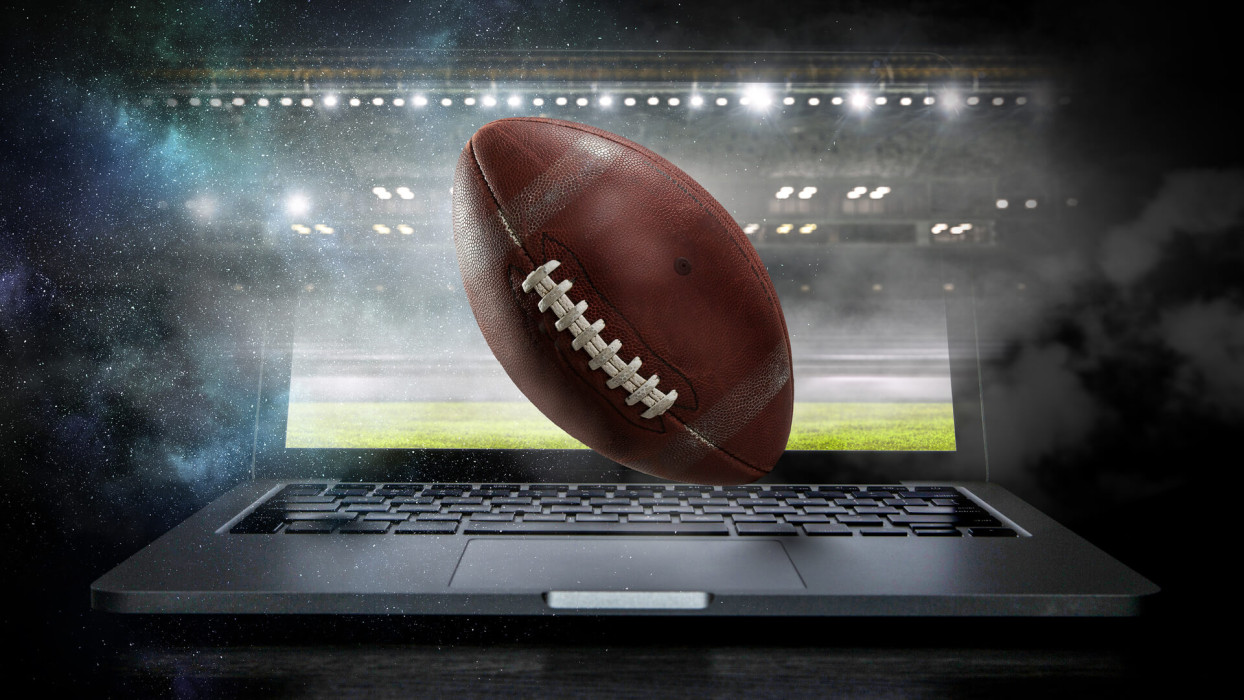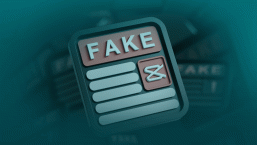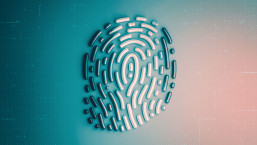One of the most-anticipated sporting events of the year is almost here. Like any popular event, the Super Bowl can be a fertile breeding ground for various malicious actors looking to scam you out of your hard-earned money or your personal data. A wide variety of scams target both spectators who are watching from the comfort of their living rooms and those cheering for their teams in the stadium. Here are some ways you can tackle security offenses that may be targeted against you.
Streaming from unverified sites
As a fan, sometimes you cannot attend the match of your favorite team, yet you want to cheer them on from the other side of a screen while they battle for that coveted trophy. To do that, you may resort to looking for a live stream of the match. A free live streaming website might seem like the most convenient choice, but these services function as a trap for unwitting fans.
These websites don’t just host live streams; they expose you to myriad risks such as malware downloads, personal data theft or even financial scams. One of the most dominant features is an onslaught of ads, which are not just exceedingly annoying but, in some instances, malicious as well. If you click on one of these ads it can redirect you to malicious website hellbent on stealing your data. Some ads will try to convince you that your device is already infected by malware and the only way to get rid of it is by downloading its tool.
Alternatively, there will be multiple play buttons floating over the web player and only one is the real deal, while the rest will redirect you to a malicious website. The Super Bowl isn’t the only event targeted. Every major sports event is an attractive playground for hackers waiting for eager sports fans to drop the ball.
Tickets from unofficial sources
Usually by this time most tickets and ticket packages have already been sold out. Yet some fans who forgot to buy tickets, or have a spur-of-the-moment decision they want to go are still on the hunt for the last few that haven’t been claimed. This is an opportunity for scammers to offer “bargain tickets” to the latecomers. No wonder, since fake Super Bowl tickets and merchandise are a US$24 million business, according to MarketWatch. As a rule of thumb, you should always stick to official channels through which tickets are sold, such as the official NFL website or any other official resellers or affiliates that comply with the NFL’s rules or are explicitly named on their website.
Related reading: Hackers blitz social media accounts of 15 NFL teams
Another channel through which scammers may target you is informing you that you’ve won tickets in a raffle or lottery, much the same way they do during similar events like the FIFA World Cup. This usually takes the form of a sloppily written email, asking you to share your personal information or pay a processing fee. Alternatively, they may include an attachment or link that leads to downloading malicious code to your machine. The NFL does run an official lottery but, according to its website, it accepts submissions only between “February 1 and June 1 of the year preceding the Super Bowl.”
Apps and hotspots
To ease your Super Bowl experience, you may download apps to help you prepare for game day. Before the Big Game, there will probably be apps appearing left and right, trying to entice you to download them to your smartphone. As always, you should be wary of what you download and install onto your device. Scammers often target you with emails containing links to themed apps, but by clicking on the link, you may be exposing yourself to downloading malware to your device. You should always stick to the official stores, be it Google Play or the App Store.
If you’re one of the lucky few who made it to Hard Rock Stadium, we have a piece of advice for you as well. In an attempt not to use up your precious data plan, you’ll want to use free Wi-Fi hotspots that will probably be available in abundance at the stadium. We recommend you avoid them, since spoofing a hotspot is quite easy. If you connect to one created by a bad actor, you can open yourself up to a plethora of breaches. If it is absolutely necessary to use one, at least use a VPN and avoid any activities that include sensitive data, such as accessing your bank account.
Hopefully, these tips have given you at least a general idea of the trick plays bad actors use to get past your defensive line. Now you can safely brandish your colors and hope your team takes that Lombardi trophy home!





